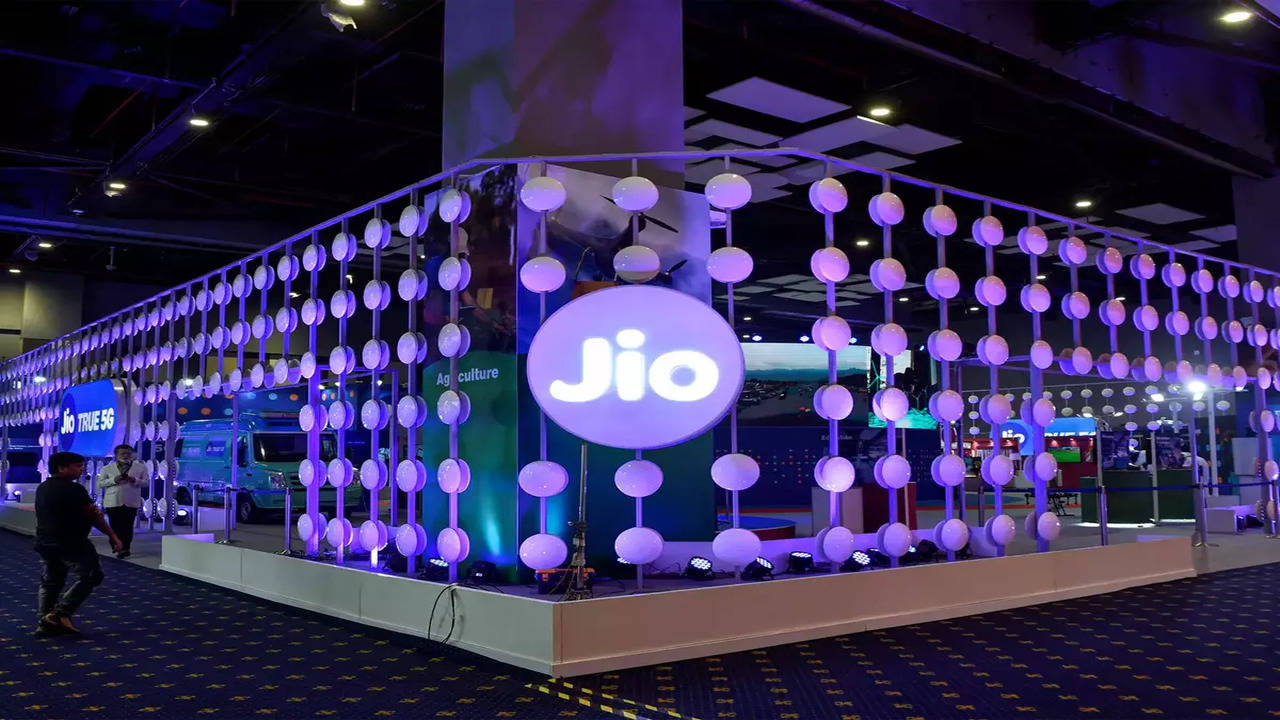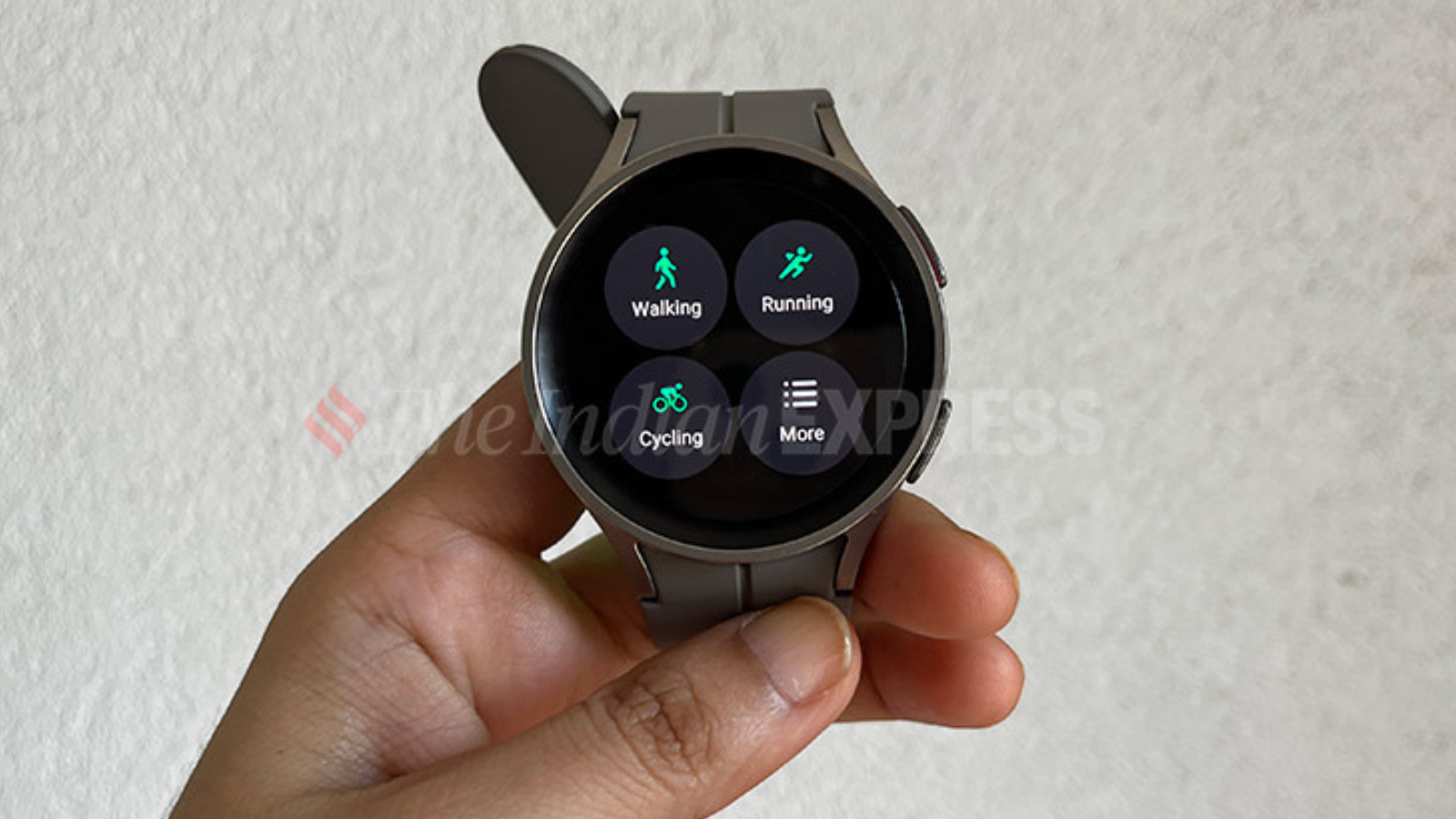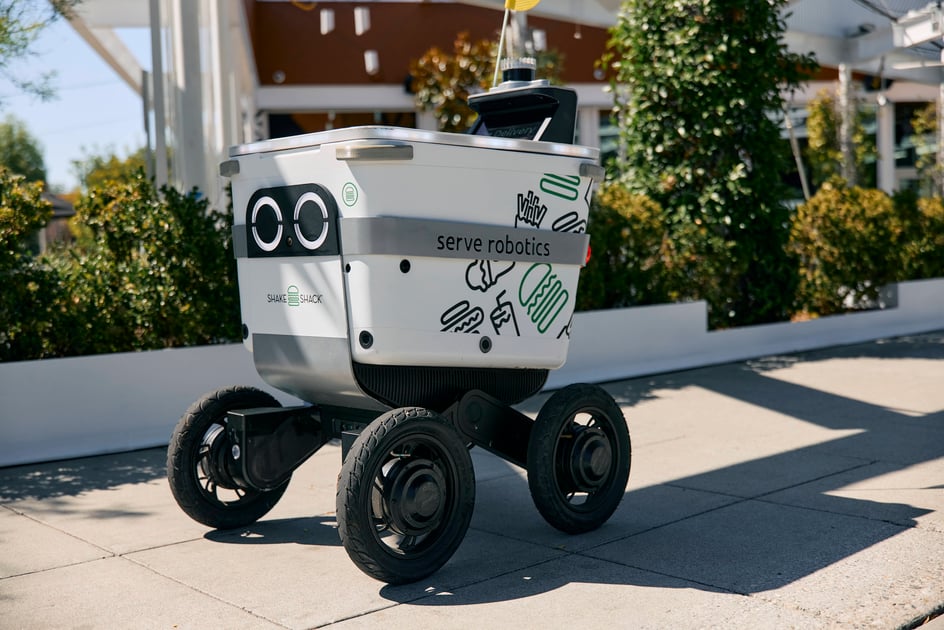- TECHSWU
- Posts
- TECHSWU #101
TECHSWU #101
Welcome to TECHSWU, your go-to destination for all things tech that matter in your daily life!


:quality(85)/cloudfront-us-east-1.images.arcpublishing.com/infobae/C5NMI3LADBCL5DT5Y4SO67YZCY.jpg)
Boston Dynamics, a company known for developing humanoid robots, has showcased its latest creation, Atlas, in a video on social media. The bipedal robot is seen performing push-ups, demonstrating its ability to move fluidly in its environment.
Equipped with cameras and sensors, Atlas relies on computer vision for navigation. The robot is part of a partnership between Boston Dynamics and Hyundai, with plans to integrate Atlas into Hyundai's manufacturing plants.
The use of humanoid robots in car factories is not new, with BMW and Tesla already utilizing similar technology. The goal is to enhance industrial automation and efficiency.
Boston Dynamics' humanoid robot is equipped with dynamic manipulation technology, allowing it to mimic human movement and perform complex tasks with naturalness.


Reliance Jio, a popular telecom service provider in India, has issued a warning to its customers about potential cyber fraud attempts. The company has observed cases where scammers pose as representatives of service providers and try to obtain sensitive information from unsuspecting users.
Scammers may contact customers via phone calls, SMS messages, WhatsApp chats, or emails, and may ask for sensitive details such as Aadhaar details, bank account information, or credit card details. They may also create a sense of urgency by threatening to cut off services if demands are not met.
To stay safe, Jio advises customers to avoid clicking on suspicious links or attachments, not to share their SIM number, create unique passwords and PINs, regularly check bank and card statements, and keep device software up-to-date. It's important to note that Jio will never ask customers to download third-party apps, so any such request is likely a scam.

Chinese robot manufacturers are racing to develop humanoid workers in a bid to challenge Tesla's dominance in the electric vehicle (EV) sector. At the recent World Robot Conference in Beijing, nearly 30 Chinese companies showcased humanoid robots designed for factory and warehouse work, while others displayed the precision parts needed to build them.
China's push into the industry mirrors its initial EV drive over a decade ago, with government support, competition, and a deep supply chain. The country's robotic industry, strongly backed by President Xi Jinping's technology development policy, benefits from domestic suppliers that were involved in the EV wave.
Robotics industry experts forecast the global humanoid robot market could be worth $38bn by 2035.


ASUS has announced the price and availability of its latest gaming handheld, the ROG Ally X, in the Philippines. The Ally X is the second generation of the company's gaming handheld and comes with several improvements.
It is powered by the Ryzen Z1 Extreme and has 24GB of RAM, 1TB of SSD storage, and an 80Whr battery. The device also features a sleek black colorway, improved buttons, and a more durable analog stick.
The ROG Ally X is available for purchase in the Philippines starting today for PHP 56,995. Each purchase includes a complimentary 3-month PC Game Pass subscription, ASUS 4A Quality and Service warranty package, and ASUS Preventive Maintenance Service.

Qualcomm Technologies has joined the AR Alliance, an organization dedicated to advancing and strengthening the augmented reality (AR) hardware development ecosystem. The AR Alliance provides a supportive environment for organizations to collaborate and innovate in the AR space.
Qualcomm's expertise in enabling platforms for application development and its experience in the AR industry will be valuable to the alliance. The founding members of the alliance include STMicroelectronics, META, Essilor Luxottica, Corning, Dispelix, Optofidelity, MICROOLED, and Google.
The alliance aims to harmonize approaches and accelerate innovation in the global AR supply chain. Qualcomm's Snapdragon XR Platforms have been powering many of the XR hardware available in the market for over a decade.
By joining the alliance, Qualcomm will contribute to the development of AR wearables and devices that provide meaningful and positive experiences for users.

Apple is set to unveil two new models of AirPods 4 at their September event, replacing the current second and third-generation AirPods. These new models promise to bring a host of innovative enhancements and features that will redefine the wireless earbud experience.
Apple plans to produce 20 to 25 million units of the AirPods 4, indicating their confidence in the product. The AirPods 4 will feature USB-C ports for enhanced compatibility and simplified charging, as well as the innovative H2 chip for improved battery life, noise cancellation, audio quality, and Bluetooth support.
The design of the AirPods 4 will be sleeker and more comfortable, with a shorter stem and improved fit. The higher-end model will also offer active noise cancellation.
While official pricing has not been released, industry experts predict that the regular model will start at $149, while the higher-end model will be priced at $199. Overall, the AirPods 4 are set to deliver an unparalleled wireless earbud experience and set a new standard for audio quality, convenience, and user experience.

Robotics company Aescape has partnered with the Lotte New York Palace hotel to offer fully automated AI massages to guests and visitors. The robot, called Aescape, is a massage table with two robotic arms that uses AI technology to create a personalized massage tailored to each individual.
The 30-minute treatment is priced at $75, significantly cheaper than a human-delivered massage at the same spa for $260. The Lotte New York Palace is the first high-end hotel to offer this service, but Aescape has also teamed up with luxury fitness company Equinox and plans to bring robotic massages to select locations throughout New York City.
With the global wellness tourism industry expected to reach $1.2 trillion by 2027, more hotels and resorts may invest in robotic massage technology to increase their wellness-forward amenities and attract guests.

Throwflame, a US-based company, is now selling a robot dog called the "Thermonator" that comes equipped with an attached flamethrower. The robot dog, which is built off the Unitree Go1, can be controlled through a phone and has autonomous navigation capabilities.
The attached flamethrower, known as the ARC Flamethrower, can shoot flames up to 30 feet away and is controlled from a safe distance. Throwflame claims that the robot dog has practical uses such as wildlife control and agricultural management, but it is being marketed as a form of entertainment as well.
However, potential buyers should be prepared to pay a steep price of $9,420 for the Thermonator. While the company insists that the robot dog is not a weapon, concerns have been raised about the potential for misuse or destruction.
In a hidden menu on Samsung Galaxy smartphones, a solution has been found for an old problem that many users have faced. To access the menu, users need to follow a series of steps, which include pulling down the quick settings and long pressing on the "Smart View" tile.
Once inside the menu, users can enable the Google Cast switch, allowing them to view content on their Chromecast, Android TV, and Google TV devices. However, it is important to be cautious while in the developer menu as it allows access to various settings and features.
The article provides a step-by-step guide on how to access the menu but advises users to test only the screen transfer function and not make any other changes.

A recent review study has revealed that smartwatches may not be accurate when it comes to tracking our health. While these wearables offer insights into various health metrics like heart rate, sleep quality, and blood pressure levels, the statistics they record are prone to errors.
The study found that most smartwatches can measure heart rate with an error rate of 3%, but when it comes to calorie tracking, there is an inaccuracy ranging from 15 to 21%. This could have negative implications for those using the metric to lose weight.
In terms of sleep tracking, smartwatches were found to be inaccurate by 10%. While smartwatches can provide a general overview of our health, it is important not to rely on them completely for accurate data.

KFC is giving its restaurants in Orlando a high-tech makeover that includes streamlined menus, advanced kitchen technology, and a sleek new design. The new "KFC Original" prototype offers classic favorites like Original Recipe Tenders and Twister Wraps, along with updated menu items and a variety of dipping sauces.
The restaurants also feature digital menu boards, self-service ordering kiosks, and upgraded kitchen technology to improve customer convenience and order accuracy. The modern interior design includes new window art, branding, and updated artwork, creating a welcoming atmosphere.
The initial results of the makeover have been positive, with a 30% increase in speed of service, a 60% improvement in order accuracy, and a 41% rise in guest satisfaction scores. While there are no official plans to expand the prototype nationwide, the success in Orlando may lead to further expansion in the future.

Israeli Startups Revolutionizing Farming with AI and Robotics: The Future of Sustainable Agriculture
Two Israeli startups, Fermata and agRE.tech, have partnered to develop innovative techniques for sustainable agriculture using AI and robotics.
With the increasing challenges posed by climate change, food insecurity, and labor shortages in the farming industry, these startups aim to revolutionize agricultural practices. Fermata's core product, Croptimus, uses machine learning and computer vision to detect crop threats efficiently.
agRE.tech's solar-powered autonomous robotic system automates the crop management process.
The integration of Croptimus into agRE.tech's robots allows for early detection and treatment of crop threats, reducing the dependence on skilled farm workers and addressing labor shortages.
This partnership showcases the growing influence of AI, Big Data, and other technologies in making agriculture more efficient and environmentally sustainable. Through innovative collaborations like this, Israeli companies are at the forefront of the agricultural technology revolution, driving the future of farming.


The US Army has successfully tested a new robotic system designed to address chemical and biological threats. Known as the Autonomous Equipment Decontamination System, this innovative platform is capable of remotely cleaning military vehicles that have been exposed to hazardous substances.
The traditional manual decontamination process, which involves large teams of soldiers in full protective gear, is time-consuming and risky. The robotic system allows soldiers to scan the entire vehicle surface using a camera mounted on the platform, identifying contaminated areas.
Contamination data is then relayed to operators at a safe distance, and the cleansing process begins using a robotic manipulator arm that sprays chemical hotspots. The recent trial involved operator feedback, which will be used to enhance the robot's navigation capabilities and user interface, among other features.

Nvidia has announced an investment in Serve Robotics, a small AI and robotics company that specializes in making delivery robots for companies like Pizza Hut, Shake Shack, and Uber Eats. Serve Robotics, which went public in April, reported $468,375 in revenue in the second quarter, up 655% from the same quarter a year ago.
However, it also reported a $9.1 million operating loss in the quarter as it invests heavily in research and development.
Despite the financials, Serve Robotics has a lot of potential in the emerging robotics industry and benefits from having backing from both Uber and Nvidia, which could give it a competitive advantage. Serve Robotics aims to deploy at least 250 more robots in Los Angeles by the end of Q1 2025 and expects to have 2,000 robots active with Uber Eats by the end of 2025, generating an estimated $60 million to $80 million in annual revenue.
